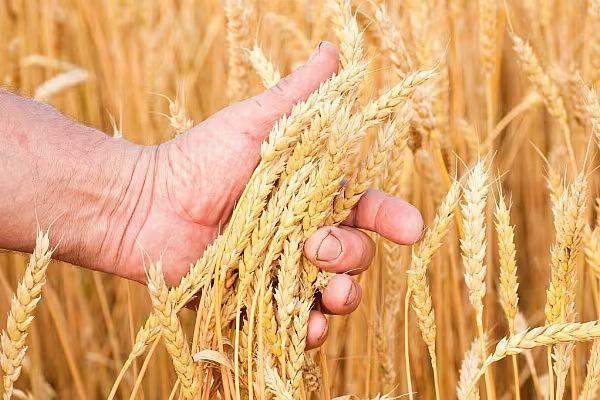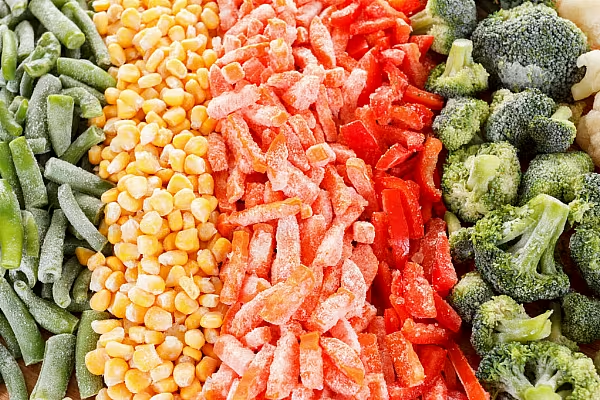Less inflation and the rising ruble have helped stabilise Russia’s economy, giving the government room to ease restrictions on grain shipments. The tax was designed to rein in food prices after the ruble collapsed last year and the economy buckled under plunging oil prices and international sanctions over the conflict in Ukraine.
“If Russia opens their export channel that will put pressure on wheat prices,” Daryna Kovalska, a London-based analyst at Macquarie Group, said by telephone on Friday. “They have big stocks accumulated domestically and that will definitely flood the market.”
Speculation that more wheat will enter the market has hurt prices, sending contracts on the Chicago Board of Trade to an almost five-year low earlier this month.
Prices extended yesterday’s 6.8 per cent rally, the biggest since 2012, amid concern that thunderstorms in the US Plains will damage crops.
“This is going to remind market participants that Russia still has some wheat to export,” Benjamin Bodart, a director at market consultant CRM Agri-Commodities in Newmarket, England, said by phone. “It’s likely that they’re going to be aggressive once again at the beginning of the next campaign.”
In Russia, every wheat shipment had incurred a tax of 15 per cent, plus €7.50 euros a ton, causing monthly exports to fall by more than half. It was intended to run from February through 1 July.
The ruble has strengthened 21 per cent against the dollar this year, more than twice as much as any other currency.
News by Bloomberg, edited by ESM














